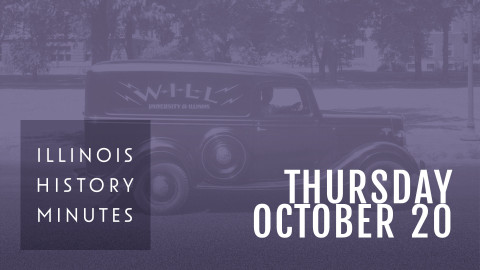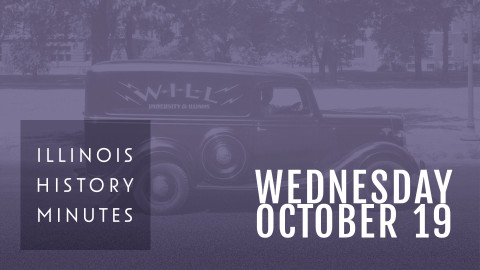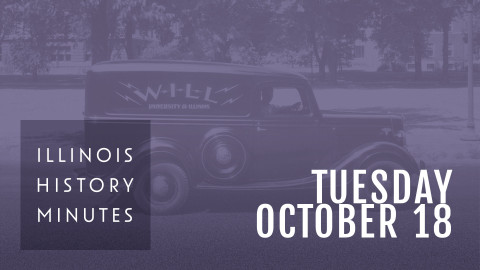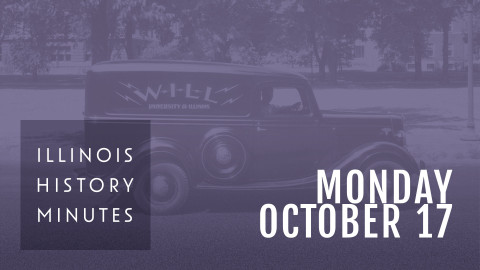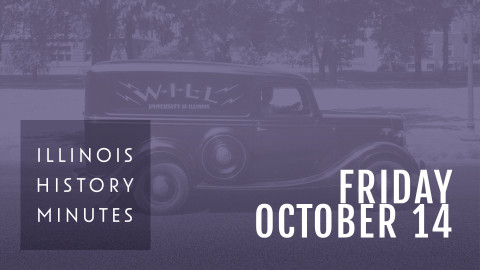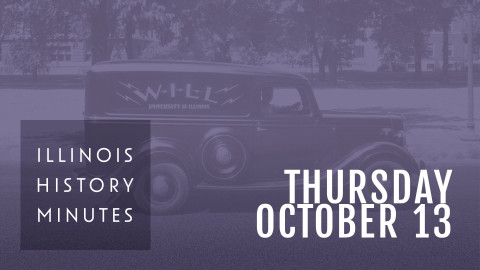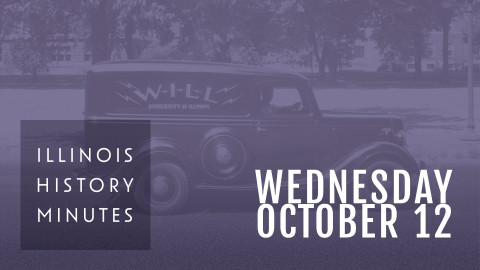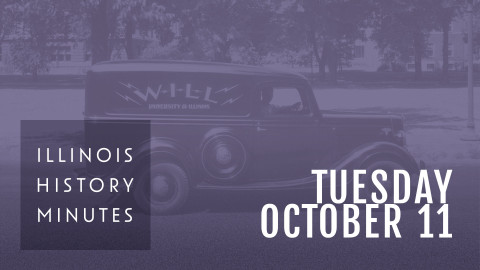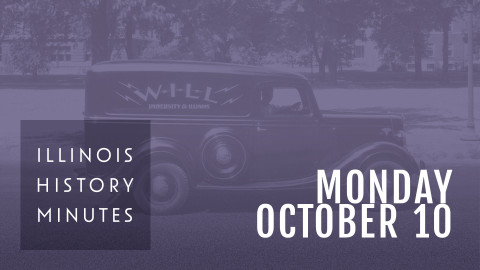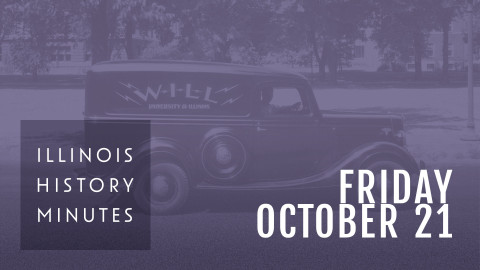
October 21 Illinois History Minute
It’s October 21st, the day in 1892 when the buildings of the World’s Columbian Exposition were dedicated in Chicago’s Jackson Park. Construction work had fallen behind, and the fair would not open until the following May. But a report in the Sycamore True Republican described the opening ceremonies as a grand affair attended by thousands, including Vice-President Levi Morton, former President Rutherford B. Hayes, and many other dignitaries from the nation’s capital and other countries.

